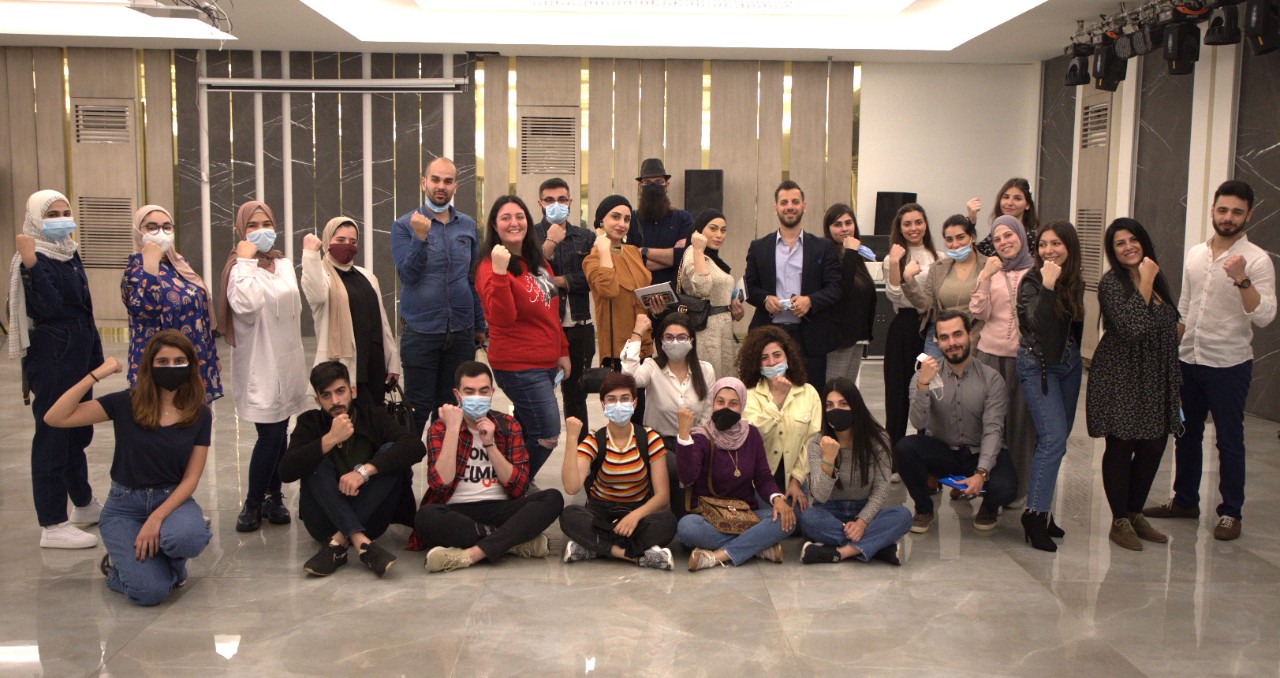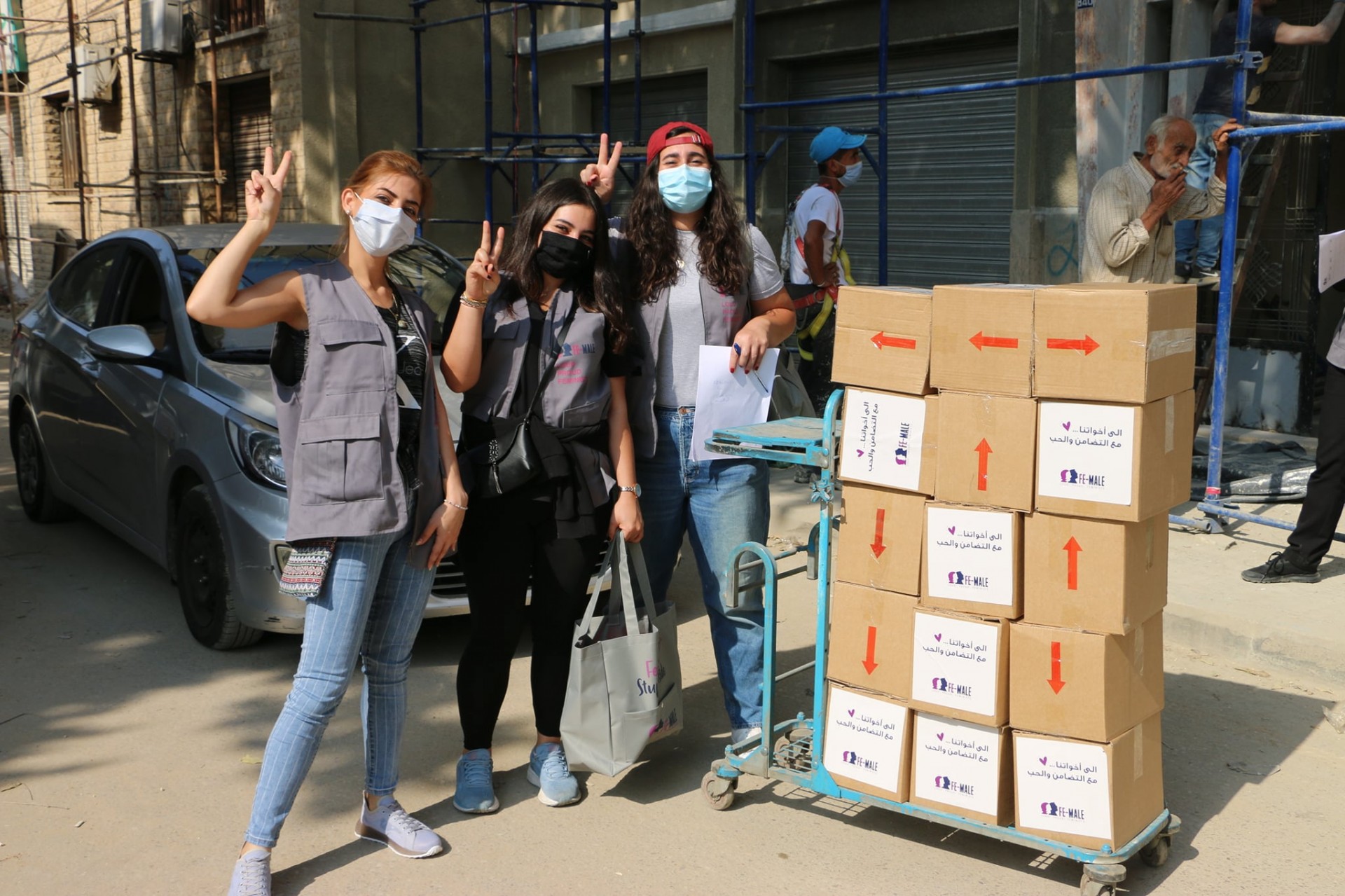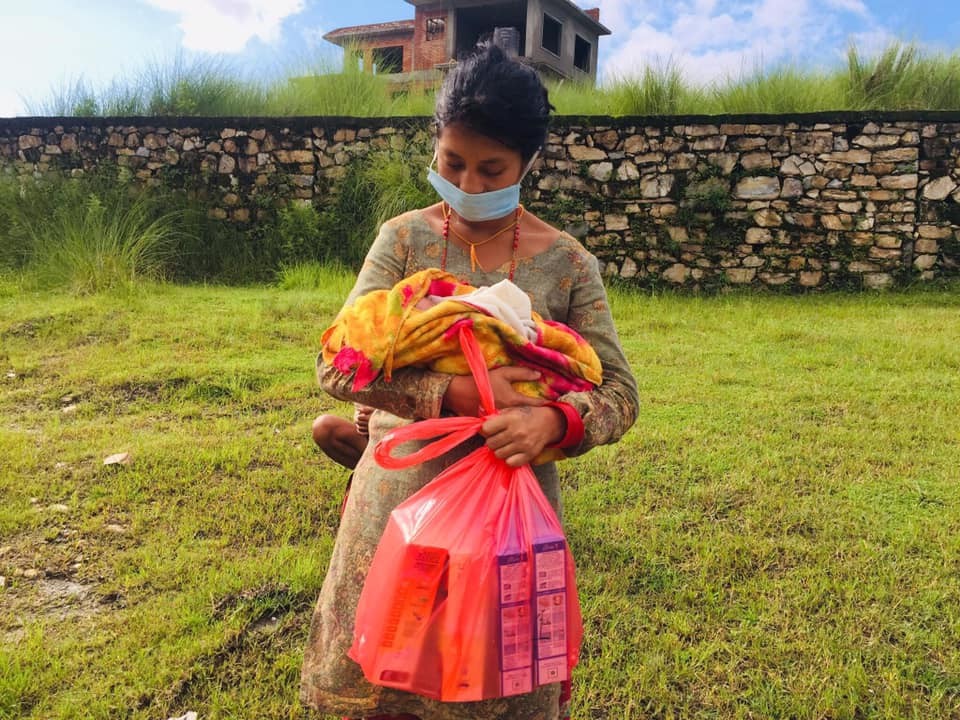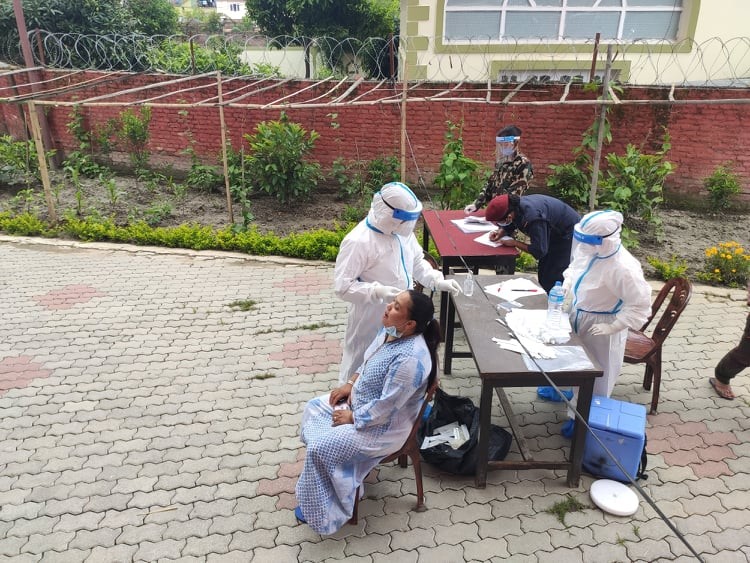You can find the meaning of grassroots in its literal interpretation: a place where things begin and grow. In the modern context, it drives political or economic movement — through people. Grassroots organisations can make a big difference in shaping community behaviour and long-term change, but lack of funding often slows down their work.
Here are 6 inspiring organisations that began and grew during the pandemic, all solving problems unique to their communities. While not all of them have joined the Kinder platform yet, we think they’re great examples of community organising in action.

1. Fe-Male in Lebanon
Fe-Male is a Lebanon-based civil feminist collective fighting discrimination. The collective is working towards gender equality by empowering young women leaders. After the combined catastrophes of the Beirut blast and the COVID-19 pandemic, the prices of menstrual products skyrocketed by 500%. Fe-Males predicts that 50% of Lebanese women struggle to afford them. Last year, they organized a series of distribution events to make sure women could access menstrual products in Beirut. The Lebanese government has held discussions about subsidising basic commodities, but menstrual products were not among them. Fe-Male took charge to address these unmet needs: and plans to reach marginalised communities all over Lebanon.

2. Gewoon mensen, die mensen willen helpen/ Just people who want to help other people
This website was set up by students from Amsterdam and Delft. It's in Dutch but can be easily translated. Here you can either ask for —or offer— help by filling out a Google form, and you’re then matched with the right person. Many people were helped through a tricky situation because of the initiative, and the kindness of strangers. With lockdown rules becoming more relaxed, the emergency requests have dropped: so the notice board is offline for now. Those who still need help are advised to sign up with a similar initiative ‘Corona Helpers’, where you can also share your story.

3. Women for Human Rights in Nepal
Women for Human Rights (WHR) is an organisation led by women in Nepal. Its goal is to ensure “socio-cultural, economic, and political rights” for single women in the country, fighting against discrimination based on marital status. During the COVID-19 pandemic, WHR kicked off Food Bank with the local government, feeding people struggling with their daily meals.
WHR also created the first-ever women-led quarantine center for returnee women. The centre hosted a diverse group of women: from pregnant women, to new mothers, to the elderly. All funds were individually raised and the people in the community offered support in the spirit of volunteerism. Later UN Women joined in the initiative to support meals and a personal hygiene kit that includes towels, menstrual products, soap, underwear, and more. They went on to distribute these items to communities with various partners during the lockdown.

4. Palestinian Women’s Humanitarian Organization
In displacement settings like refugee camps, women lack access to health information—which is a cause of worry during a pandemic. The Palestinian Women’s Humanitarian Organization (PWHO) is making good use of social media platforms like Facebook and WhatsApp to inform people living in Bourj-el-Barajneh refugee camp about COVID-19. PWHO provides information on COVID-19 symptoms, prevention, and treatment. Their staff go door-to-door to make sure people who are hardest to reach receive hygiene kits, health information, and temperature checks.
5. International Committee of the Red Cross: Ready2Helper
You probably recognise the ICRC from its big group of civilian volunteers, who are called upon in situations like the coronavirus pandemic. Even people like you and I can volunteer and become ‘Ready2Helpers’ through the official website. A volunteer's job is to keep the most vulnerable group in society informed on safety. They also raise awareness by hanging up posters, offering to do groceries, and checking up on the elderly. Ready2Helpers were an integral part of getting information and testing to communities during the pandemic.
6. Pakistan: Safe Home Initiative
The Asian foundation has launched a community-centered response to the corona pandemic in Pakistan. Joining forces with local NGO Children’s Global Network, they created the ‘Safe Home Initiative for Women and Children’ to help those in rural areas. Pakistan already suffers from poor social services and health care, and COVID-19 has only made it worse for vulnerable communities. The foundation has given resources to children who can’t attend school, including a focus on female hygiene needs. It also helps victims of domestic violence access legal and psychosocial counseling.
Written by Syed Bukhari




